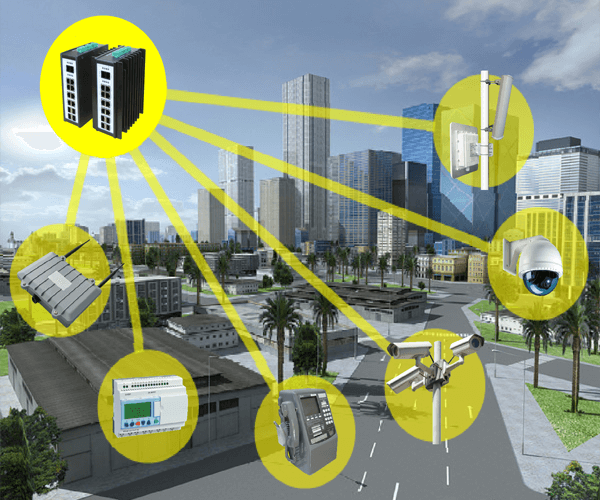Technologies we use
 Importance of Video Camera Surveillance in a Workplace Security is an issue for a lot of businesses, especially if you happen to own a restaurant or a retail shop. Most of the time, you don't have to worry about your employees.
Importance of Video Camera Surveillance in a Workplace Security is an issue for a lot of businesses, especially if you happen to own a restaurant or a retail shop. Most of the time, you don't have to worry about your employees.
Though it may not always be true, there will usually be a sense of responsibility among employees. Employees are usually going to want to protect their jobs and make sure that the business is running as it should. But, customers can sometimes be a problem. And then you have the irresponsible vandals who enjoy creating trouble. To protect yourself from all these, proper surveillance is necessary to ensure that things are running as they should.
A number of different surveillance systems are available nowadays for people who want to ensure that their businesses are well protected. All you need to do is find the right one.What is alarm monitoring and how does it work? Alarm monitoring is quick and detailed communication between your home security system and the central station of your security provider. Your control panel registers an emergency event and sends a signal to the central monitoring station, where the appropriate authorities are notified and sent to your home. The technical specifics may be slightly different for each security provider, but the basics of alarm monitoring is similar in any home security system.
Your system control panel is the center of a network of sensors, which may include window or door sensors, motion detectors, tamper sensors on the telephone box, or specialized temperature, flood, and smoke detectors. When your system is armed and any of these sensors are triggered, a signal is sent to the monitoring station-typically via your telephone line, although some alarm monitoring systems also offer alternate or backup transmission options. The first signal sent by your control panel will alert monitoring personnel at the central station, who will call to notify you and confirm whether it's a real emergency or a false trigger.
If you don't respond, the alarm monitoring service contacts the proper agency to dispatch emergency personnel to your address. Some security systems offer additional features, such as immediate alarms, which don't depend upon a confirmation call or silent alarms that don't alert intruders and give them a chance to disable the system before the follow-up signal is sent. Critical information is sent by your home security system to the alarm monitoring center, including account identification (to access your address and contact information) and the type of sensor that has been triggered. For example, a smoke detector event will cause the alarm monitoring service to contact the fire department, while the signal from a medical alert pendant will be routed to ambulance or paramedic services.

